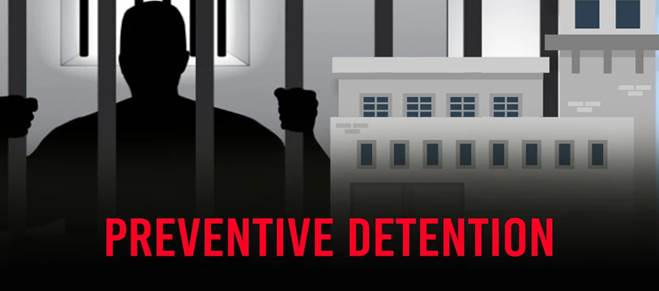Free Courses Sale ends Soon, Get It Now


Free Courses Sale ends Soon, Get It Now



Copyright infringement not intended
In News
Preventive Detention
https://epaper.thehindu.com/Home/ShareArticle?OrgId=G64A81J97.1&imageview=0
https://t.me/+hJqMV1O0se03Njk9
© 2024 iasgyan. All right reserved